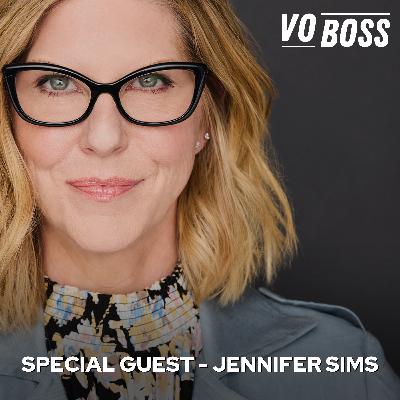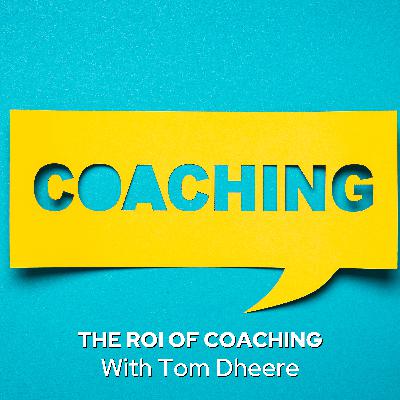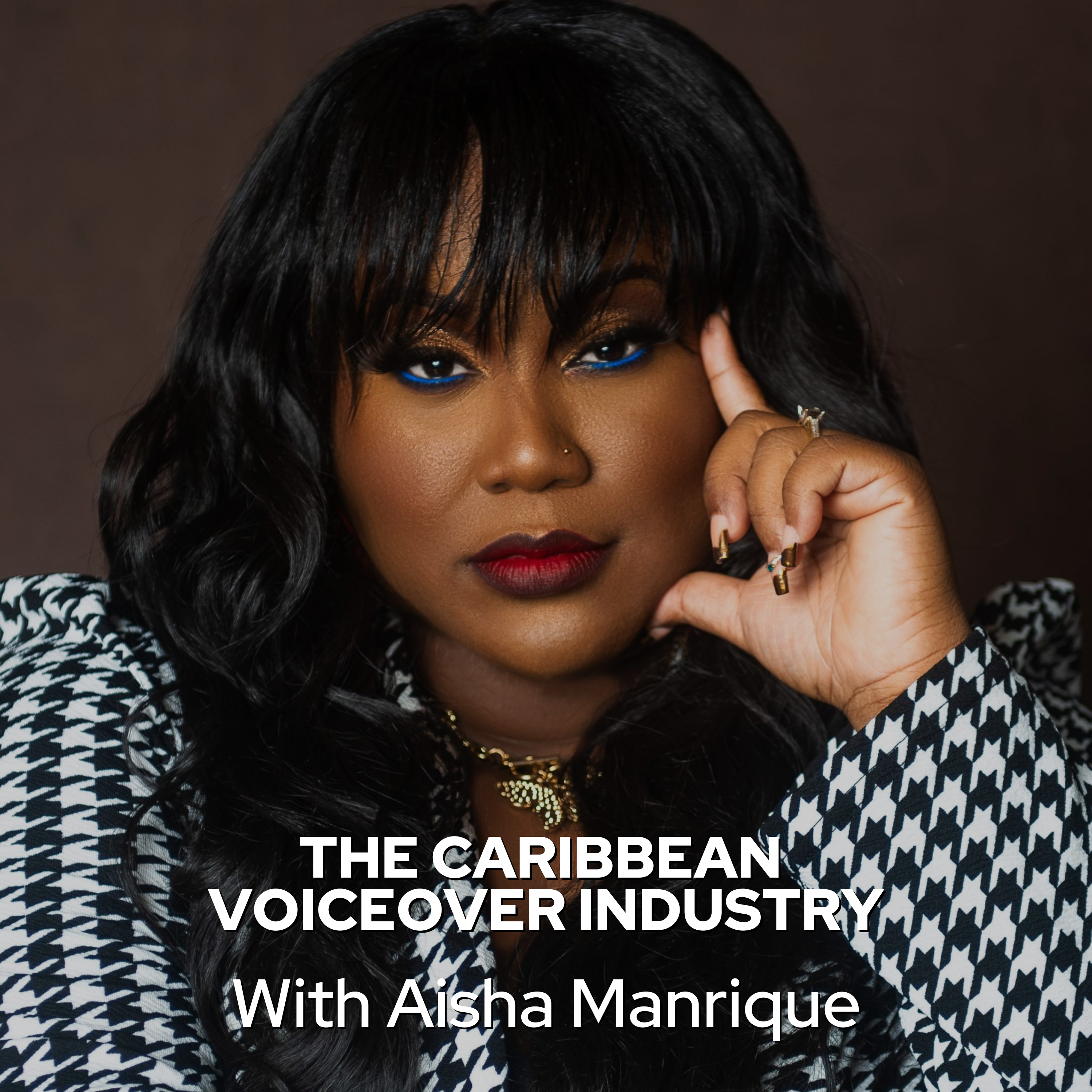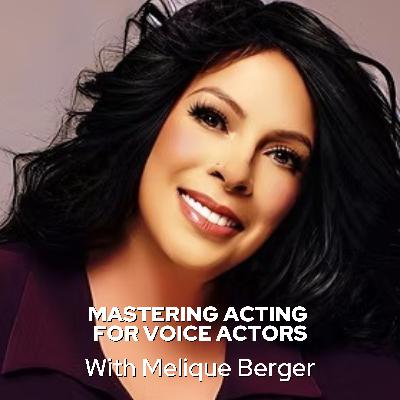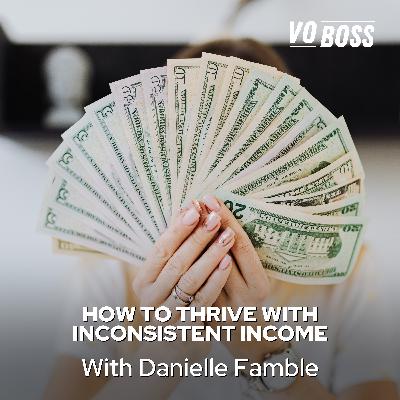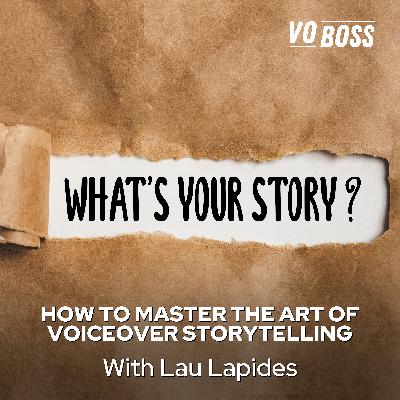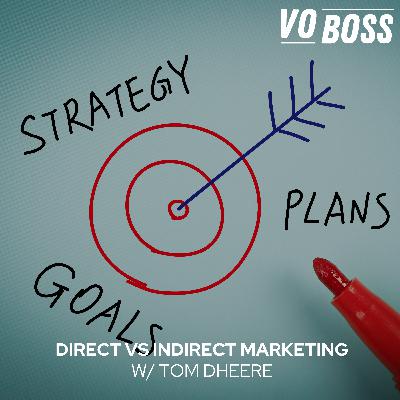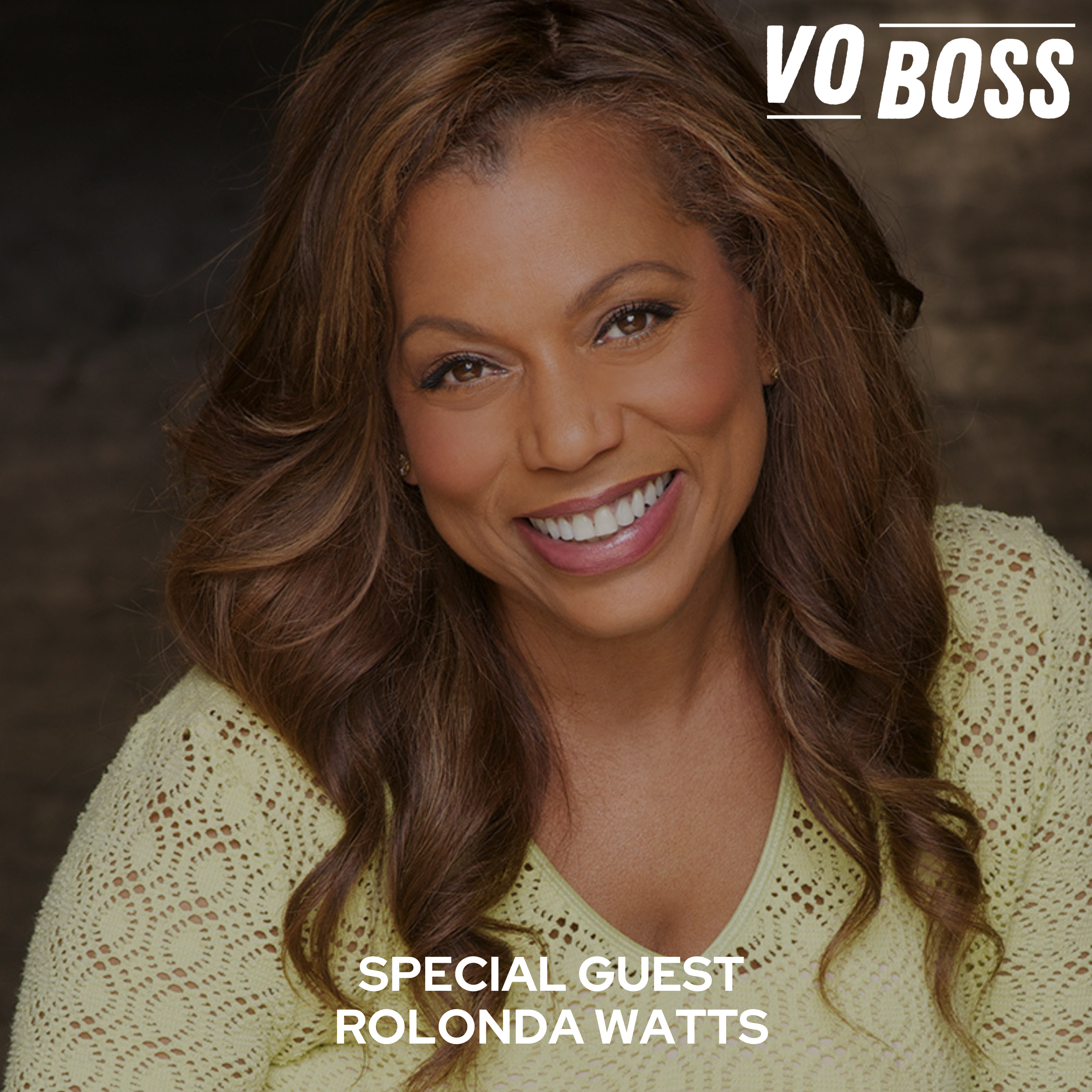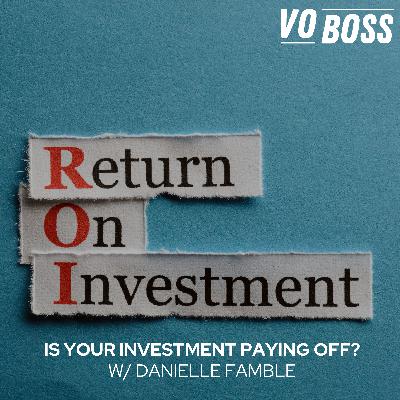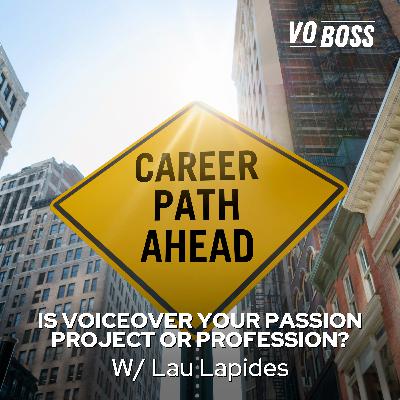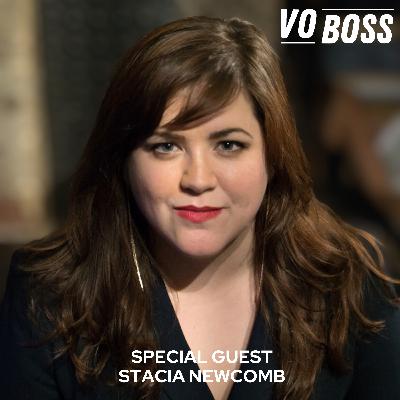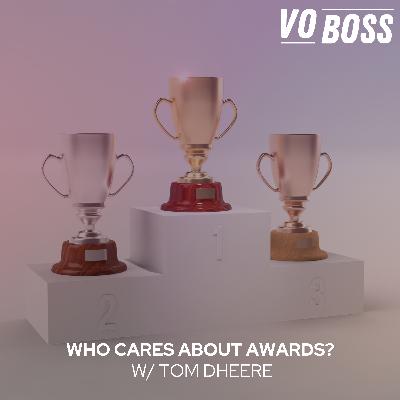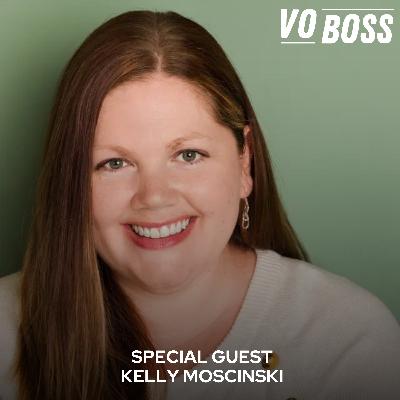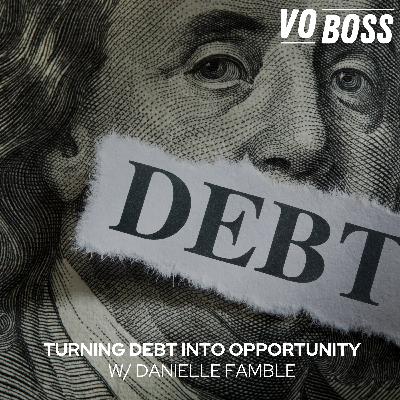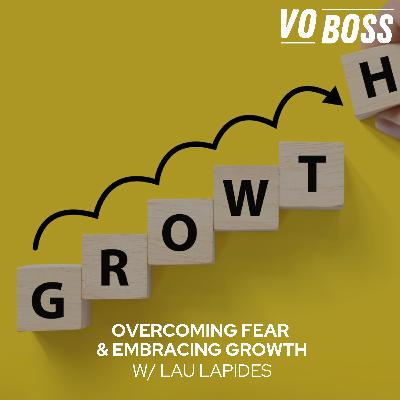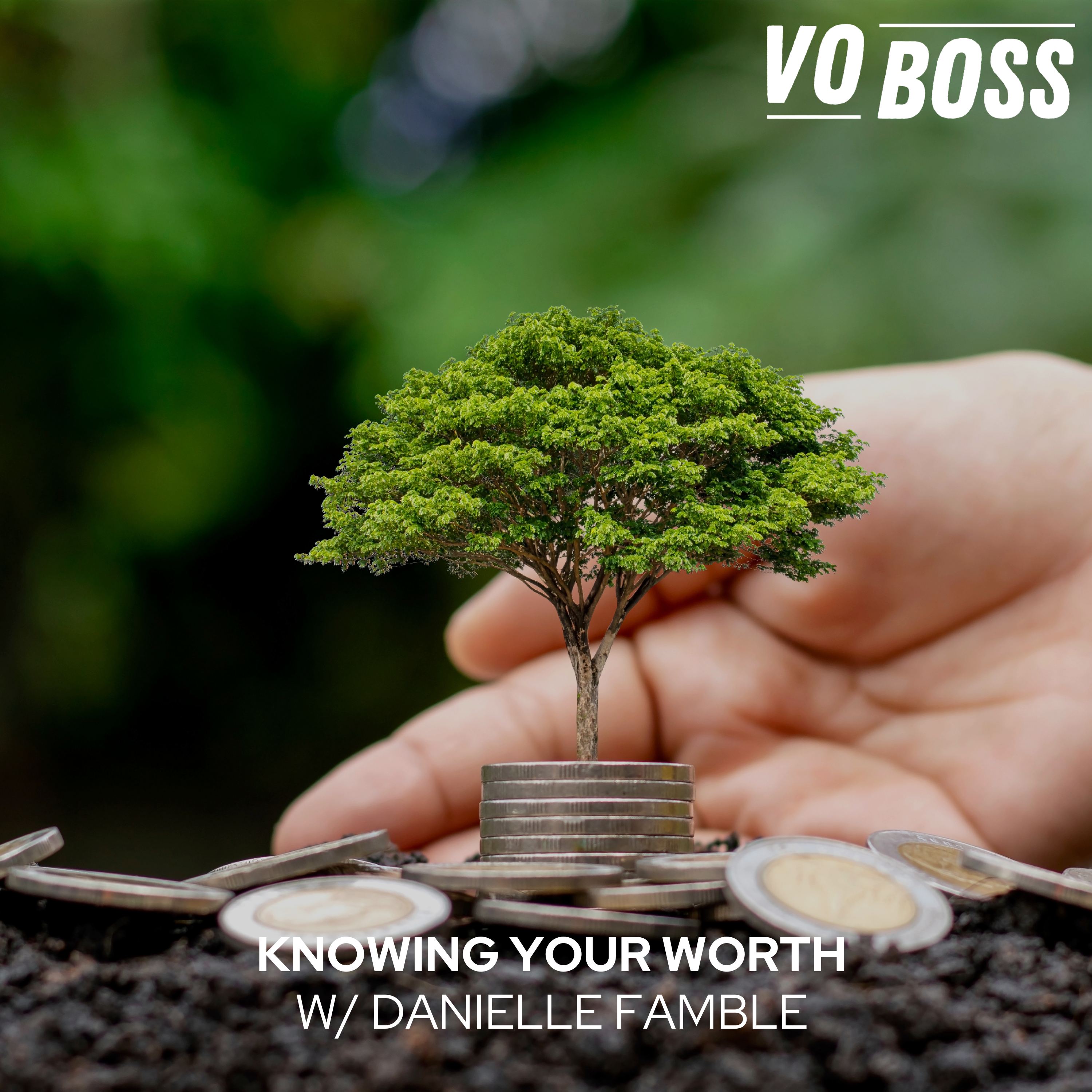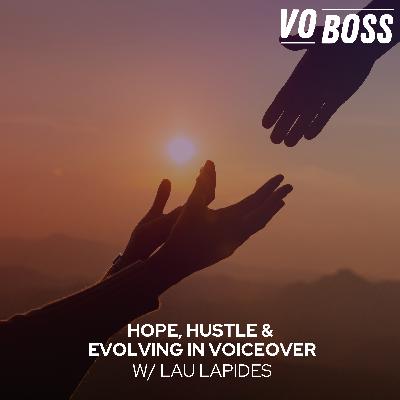Keys To Success In Voiceover
Description
BOSSes Anne Ganguzza and Jennifer Sims, a voice actor, coach, and self-proclaimed "100% certified smarty pants," connect to explore the intricate layers of the voiceover industry. Listen in as we unpack Jennifer's unique journey, shaped by diverse experiences in acting, producing, and voiceover, offering a candid look into the crucial insights needed to navigate challenges and build a truly thriving business in today's landscape. Listeners will discover the essential role of professionalism and adaptability in connecting with clients, gain understanding of the industry's evolving demands, and appreciate the power of a well-rounded skill set.
00:01 - Anne (Host)
Hey, guys, it's Anne from VO BOSS here.
00:04 - Speaker 2 (Announcement)
And it's George the Tech. We're excited to tell you about the VO BOSS VIP membership, now with even more benefits.
00:10 - Anne (Host)
So, not only do you get access to exclusive workshops and industry insights, but with our VIP Plus Tech tier, you'll enjoy specialized tech support from none other than George himself.
00:21 - Speaker 2 (Announcement)
You got it. I'll help you tackle all those tricky tech issues so you can focus on what you do best: voice acting. It's tech support tailored for voiceover professionals like you.
00:32 - Anne (Host)
Join us, guys, at VO BOSS and let's make your voiceover career soar. Visit voboss.com/vip-membership to sign up today.
00:45 - Speaker 3 (Announcement)
It's time to take your business to the next level, the boss level. These are the premier business owner strategies and successes being utilized by the industry's top talent today. Rock your business like a boss, a VO BOSS. Now let's welcome your host, Anne Ganguzza. Hey everyone, welcome to the VO Boss Podcast.
01:04 - Anne (Host)
I'm your host, Anne Ganguzza. Hey everyone, welcome to the VO Boss Podcast. I'm your host, Anne Ganguzza, and today I have the pleasure and honor of being with a very special guest, Jennifer Sims. Jennifer, yay! Hi, hi.
For those bosses who do not know Jennifer, she is a voice actor coach and 100% certified smarty pants. I'm so jealous, so jealous of that branding. She's known for her authentic, conversational, confident, and playful delivery and has a unique perspective from both sides of the glass, and works for clients such as Hyundai, Wells Fargo, CVS, Vons—the list goes on and on and on. She honed her quirky sense of humor studying comedy and improv, which is always so important, I think, for us as voice actors, at the Upright Citizens Brigade and The Groundlings, and that helped her to land on-camera commercials for Uber, Snapchat, and WebMD. She began her acting career out of high school and basically was on her own for a short period of time in LA as a very young girl, which is great, and also as a producer, has had the pleasure of collaborating on hundreds of radio, television, and promo spots and has worked with some amazing talent along the way. And what haven't you done, Jennifer Sims?
02:18 - Jennifer (Host)
I'm telling you, so much, so much. Thank you, Anne. That was lovely. Not as much as I'd like, and hopefully more. Yeah, thank you. It's great to be here. Thanks for having me.
02:28 - Anne (Host)
Yeah, absolutely. Well, I met you—well, I met you not like physically, but I met you through our VIP room and I was so, so impressed with your background and your wisdom and everything. So I wanted to make sure that I had an opportunity to have you on the show and so our bosses could also get to know you. So let's talk a little bit about your varied career, because I think it's super important in terms of why you're so successful now and how you started off with acting and then as a producer. Talk about that for a little bit and tell us how it's helped you become successful in your voiceover career.
03:06 - Jennifer (Host)
Yeah, that's been very, like, it informs most of my career, certainly in the beginning, because when I decided to leave my director of broadcast job, I was working for an ad agency here in Los Angeles as the director of broadcast and I was bringing in a lot of voice actors for promo and commercials, etc. You know how it is when you see somebody and you're like, "Boo, why do they get to do it? I want to do it too!" But as I started my career, realizing that we're a part of the process, voice actors are part of a process, particularly in commercial, since that was my area, and when I was bringing in voice actors to record them, it comes very late in the process. Recording the voice actor for a commercial is one of the last things we do as a process in creating a commercial.
So, knowing that we're just—not just, I shouldn't say this, but we're part of a collaborative team, we're now brought into the team. We're problem solvers, we're creatives, along with the creative director, copywriter, and understanding why the copy is the way it is. I know a lot of us will—problem solvers, we're creatives, along with the creative director, copywriter, and understanding why the copy is the way it is. I know a lot of us will go, "Oh, this copy is terrible. It's poorly written," and, like, you don't know where that copy has gone.
04:12 - Anne (Host)
Isn't that the truth? I love that you just opened up with that perspective because, honestly, like the nuggets of wisdom that people get out of listening—you brought them right at the front when people get for listening to a podcast or being educated. I love the fact that we are part of a process and you brought that to our attention because I think a lot of times we're in our bubble in our studios here and we forget that it's not just all about our voice, but it's part of a process and there's reasons for so many things. Right? There's reasons, and you're so absolutely right.
How many times have you gotten a piece of copy and I've heard my students, "Oh my God, this copy sucks!" Or I've read on some forum where people are like, "Oh my God, the copy sucks," and "Why does the copy suck?" But I think it's important to know that, yeah, we are part of a collaborative process and it doesn't begin and end with us, and that's an important part to understand so that we know where we fit in. And the more that I think we can predict how we can fit in best to complete the process, I think will really help us as actors.
05:13 - Jennifer (Host)
Yeah, exactly, really well said and so true. It's like, how do we fit into this process? Because we do, and even now, as an actor working on my, I will sort of forget that there's a lot going on and that when I get copy and I'm like, "Oh, well, I don't know how many R&D, research and development meetings they had on this copy. I don't know what focus groups might have said about this copy." Like, big companies spend a lot of time and money making sure that their copy is delivering a message that they want, money making sure that their copy is delivering a message that they want, and a lot of things. On the ad agency side, we're looking at things—that copy, and I'm like, "Well, legal says we can't say that."
Right, or legal says we have to say this. So, you know, when we're sort of like, "Boo, the copy couldn't be you," it's like, "Well, you don't know why." Yeah, it may be a legal thing.
06:06 - Anne (Host)
It may be a client directive, it may be, who knows. I always try to remember that because, like somebody, somewhere was paid money to write this copy, and they know that product, or there's an intent with that product, or there's an intent with that copy that we are not necessarily aware of, nor do they tell us, but it's something that I think that we, as actors, we need to create that story, even if they're not telling us what it is. We need to create that story so that we can connect as much as possible to that copy and fit into like what they hear in their head. Right? We need to fit that spec there.
06:34 - Jennifer (Host)
Exactly, and I think it also goes to the idea of given a level playing field of extremely talented actors. Most often, I only needed one person to do the job to solve the problem of whatever problem we were trying to solve creatively. And so I think it's easy to start to feel like, "Oh, I got rejected. I don't book this kind of work." It's like, given a level playing field, just assume that somebody got selected. But it—a level playing field, just assume that somebody got selected, but it doesn't mean that everyone else was rejected. Honestly, as I was listening to actors, I'm like, I wouldn't get in all my auditions for, say, a television commercial voiceover, and I would maybe listen to 50, a hundred, and then call it down to present to my boss, my creative director and client, maybe 10. And any one of those people could have booked it. Somebody got selected, that's all.
07:27 - Anne (Host)
It's just a matter of selection, and the thing of it is is that you're at the beginning of that process, listening to all of those auditions. You would narrow it down to a particular amount of people, but then, ultimately, the decision is not necessarily yours. So I think, voice actors, we forget that, that it can go to your boss and your boss is not. Maybe a casting director doesn't have an ear for it, or just this is what he had—he or she had in mind. And so the pick from then. I don't think it's always necessarily based on your acting skills. It's just like a feeling, maybe, that they have. "Oh, yeah, this sounds right."
08:02 - Jennifer (Host)
Yeah, it's very subjective. Yeah, it's very subj

